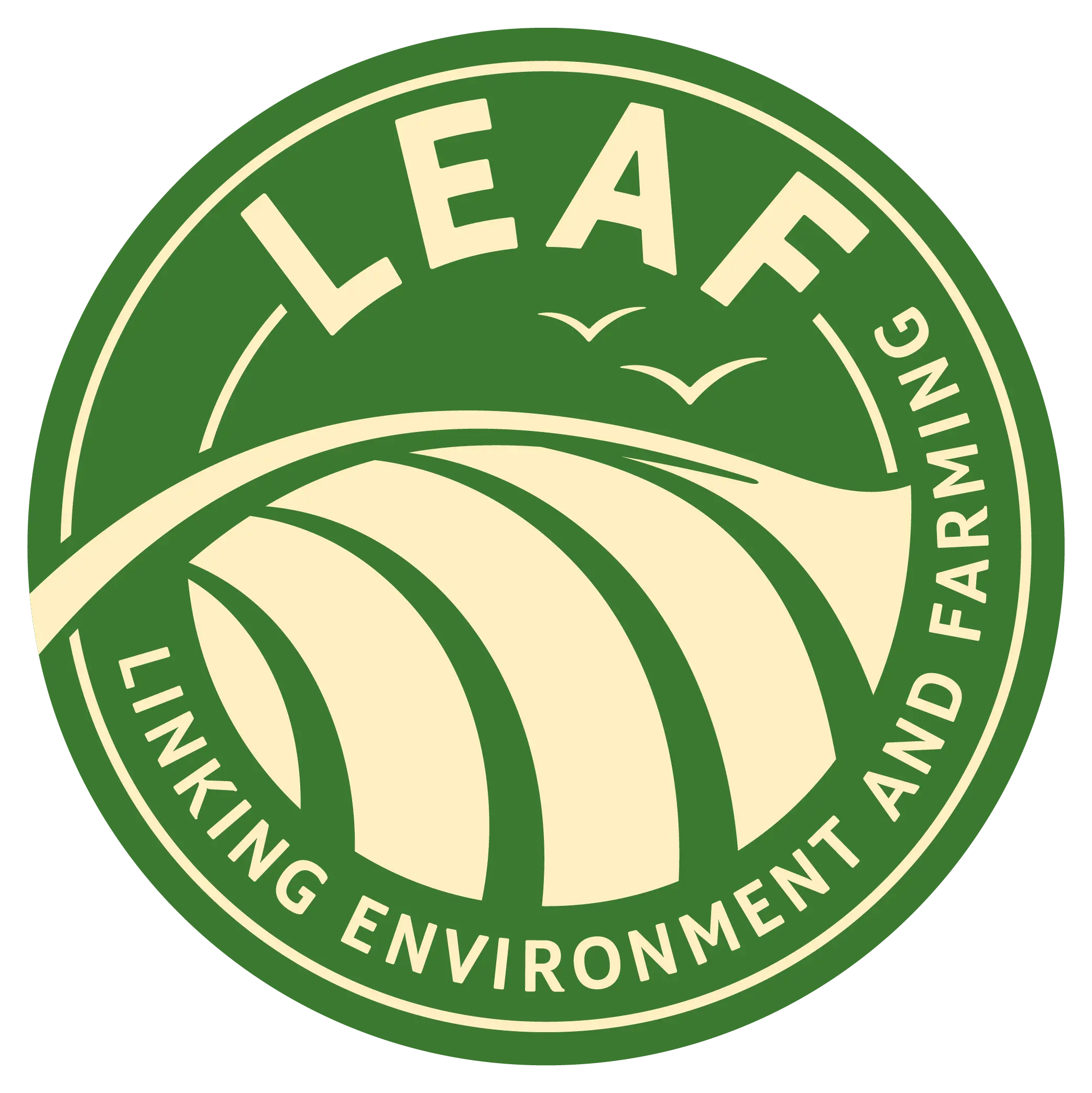Technical terms defined - examples of three steps to clarity
When in groups, humans tend to develop a language commonly-understood within that group, but not necessarily well understood to those outside that group. Farmers often criticise scientists for using vocabulary that is not easily understood in the field. Shoppers or scientists may not understand farming jargon.
Over-using jargon and technical terminology within articles or opinion pieces is not a good idea. You do not want to create any barriers to understanding. Define technical terms or replace them with clear, easily-understood alternative words and phrases.
Original, Better, Best!
Here are some examples of phrases in their original format, a better format and then the best most succinct format:
Original: uniform granulometric composition
- Better: uniform granular form
- Best: same size granules
Original: knowledge exchange
- Better: dialogue between stakeholders
- Best: sharing ideas
Original: companion cropping
- Better: Companion planting uses one species' advantages to help another
- Best: Planting different crops in close proximity
Original: Integrated Farm Management
- Better: whole farm management approach
- Best: joined-up farming
Original: Soil health
- Better: Soil health - good soil health is like a busy, working, interacting community in the earth with minerals, microorganisms and creatures productively thriving together in chemical, physical and biological balance.
- Best: Good soil health is like a balanced, productive community thriving biologically, chemically and physically together.
Original: IPM (Integrated Pest Management)
- Better: It’s like having a toolbox of techniques that mean you always have the best tools for the job to stop pests and diseases becoming a problem, deal with them cleverly and carefully if they occur.
- Best: It’s like knowing all the best ways to recognise and fix serious problems resulting from pests and diseases - what to do and when - and cleverly working to prevent them being a problem in future.
Original: Biodiversity
- Better: Variety of life.
- Best: It’s variety, the more, the better.
Original: Biosecurity
- Better: Safety from biological threats.
- Best: It’s like ‘farm protection’. Keeping fields, crops and animals safe from incoming pests, weeds and diseases.
Original: Water quality
- Better: It’s like an assessment of the physical, chemical and biological condition of water being fit for its required purpose.
- Best: It’s whether water is fit for purpose – for farming, for wildlife and for people.
Original: Natural capital
- Better: It’s like a measure of natural ‘wealth’ in resources, natural assets and ecosystem services provided by land.
- Best: It’s like money in bank account, except it’s a measure of natural ‘wealth’.
Alternative example format
- Scientist writes: Investigating the impact of different vegetation treatments in riparian buffers on hydrology and water quality.
- Scientist means: Seeing what effect different planting along waterways has on the movement and quality of water.
- Farmers writes: As part of our ongoing certification for supply chain we need to be regularly re-assessed for our accreditation through an audit.
- Farmer means: To continue to sell what we grow to supermarkets, every three years we have to prove - to an independent inspector - that we farm in the right way and keep the right records of everything we do.
- Scientist writes: The facility provides access to a range of in situ state-of-the-art instrumentation in hydrologically isolated catchments to better address key issues in sustainable agriculture.
- Better: The research centre uses a lot of modern measuring equipment in the fields to try to understand how to farm more sustainably.
- Best: Researchers and equipment measure what goes into and what comes out of every field to find out how to farm more sustainably.

